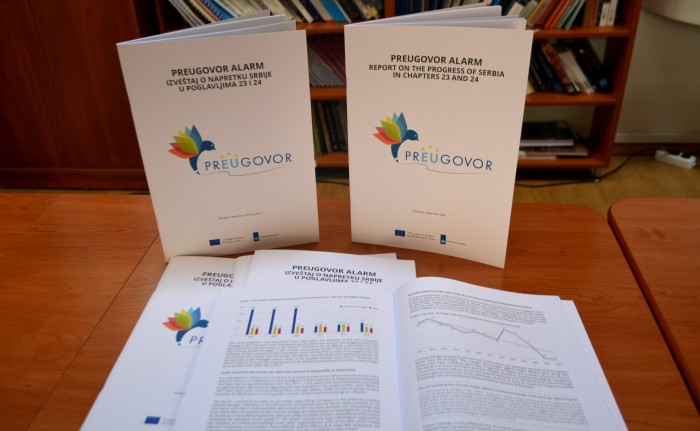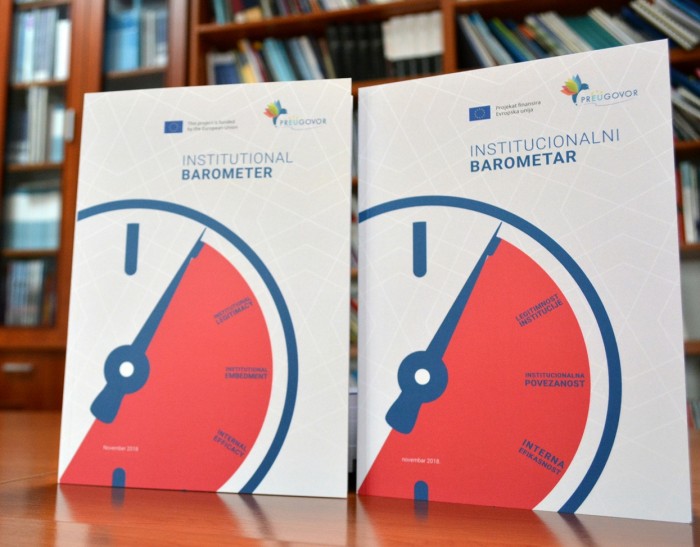The European Union has recently noted elements of state capture in the entire region of the Western Balkans. The term ‘state capture’ implies a state of widespread corruption in which the Government and public institutions are used, both through legal and illegal channels, to pump out public resources for private gain. The European Union has thus recognised the need to monitor more effectively the Rule of law reforms in countries that are seeking membership.
This could be achieved by relying on the positive example of the so-called Priebe Report, which has already helped to overcome a serious crisis of democracy and Rule of law in Macedonia in 2015. Instead of waiting for the new crises to escalate, the EU should use this new reporting tool proactively throughout the region to contribute to a more comprehensive, clear and public understanding of the burning problems faced by democratic institutions and the Rule of law in the Western Balkan countries, and as effective pressure to resolve them before they explode into a full blown crisis or close the circle of state capture.
The Priebe Report was prepared by a group of independent experts led by Reinhard Priebe, retired Director of the European Commission. The fact that the Report was not drafted by the European Commission staff presented an opportunity to abandon the rigid form of reporting distinghuished by the separation of the various parts of the acquis and avoid the usual diplomatic beating around the bush that is quite typical in regular EU reports. The Report looks at the broader picture, names things as they are and offers concrete recommendations. It is backed by the authority of the European Commission, which has commissioned it, published it and announced that further progress of Macedonia will be measured against recommendations contained therein. In addition, by carefully monitoring the reforms and tying them to the progress in the country’s pre-accession process, EC has succeeded in impelling the Macedonian political actors to implement them.
In the Priebe Report, special attention has been paid to systemic failures in the Macedonian security sector as an important factor of the state capture. Its recommendations can be of use to other countries as well. The European Commission has monitored this sector in Serbia more than it did in other countries of the region. Nevertheless, the Serbian security sector continues to be characterised by inadequate legislation and the tailoring of institutions to suit specific individuals, as well as by recent negative trends that increase arbitrariness and the risk of corruption: increased discretionary powers of politicians, reduced transparency, and expanded domain of security and defence which, at the same time, is becoming increasingly exempt from the general legal regimes. Democratic civilian control is further weakened by intimidated or politicised bodies charged with oversight.



